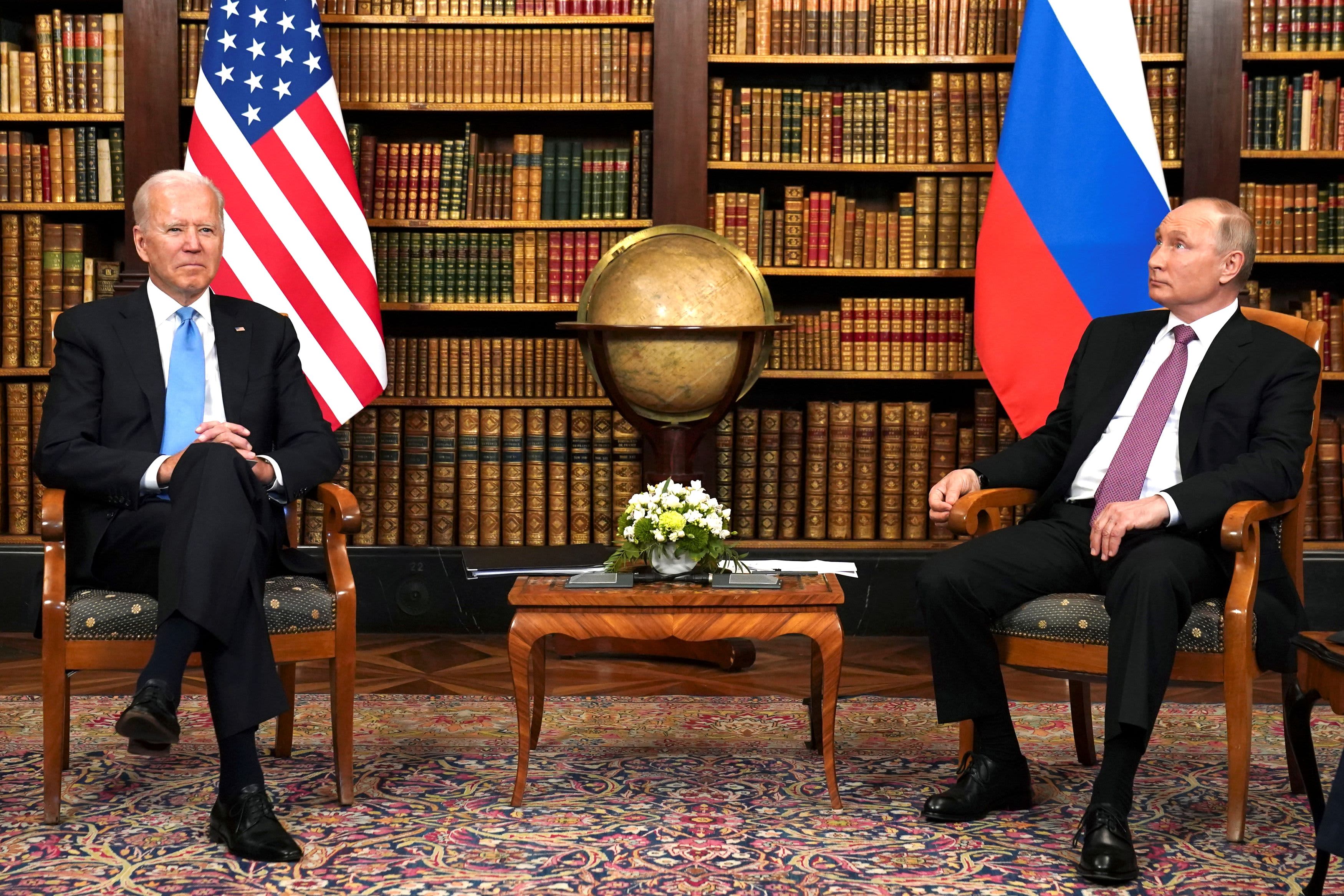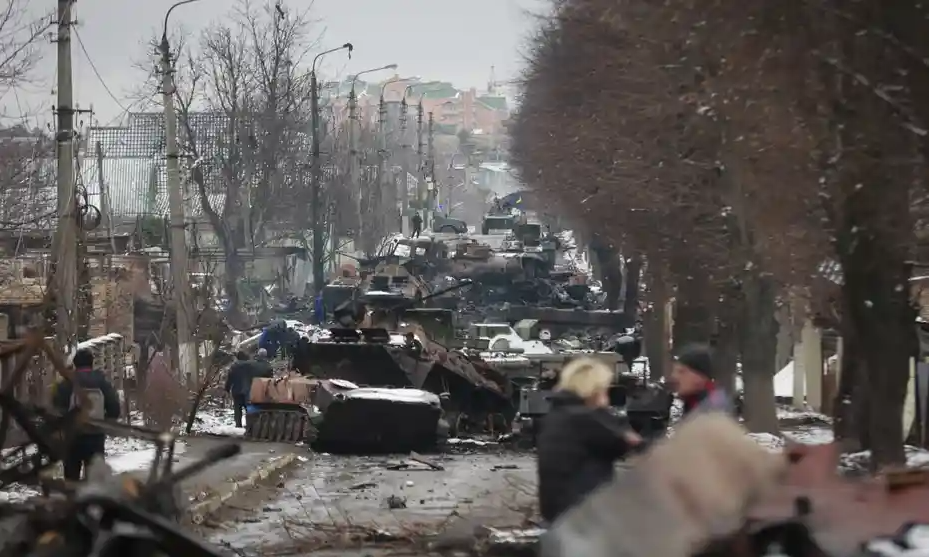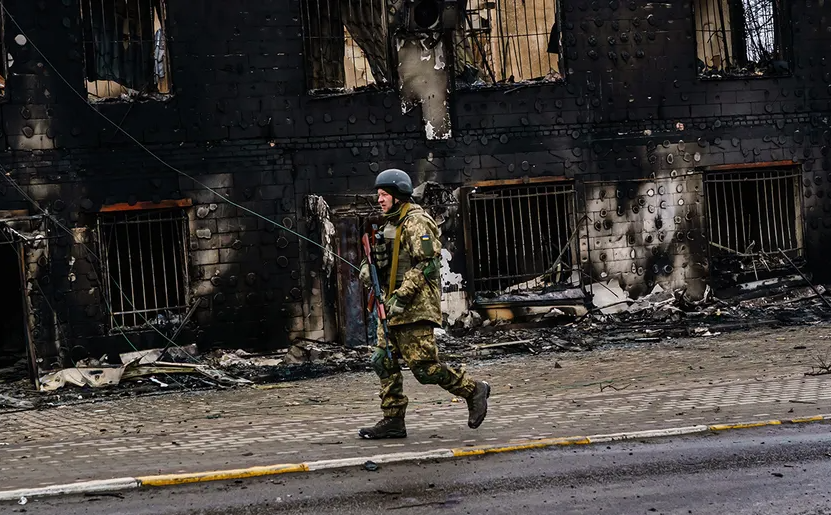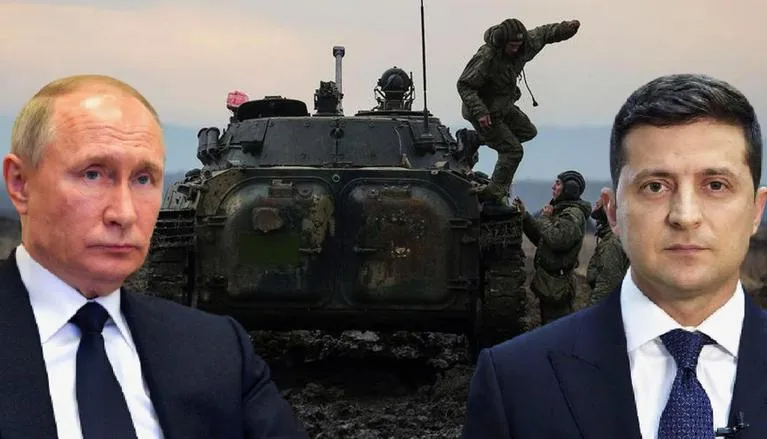
Sun Chenghao, Fellow, Center for International Security and Strategy of Tsinghua University; Munich Young Leader 2025
Apr 20, 2022
The U.S. is currently attempting to lump China with Russia, but the conflict in Ukraine is not likely to change America’s competitive strategy toward China in the long run. The U.S. will continue to focus on the Indo-Pacific region.
Wu Zhenglong, Senior Research Fellow, China Foundation for International Studies
Mar 28, 2022
Punishments of Russia cut both ways for the West and may even be self-defeating. The European and U.S. economies are suffering a backlash in rising energy prices, shrinking corporate profits and inflation-induced economic hardships.
Brian Wong, Assistant Professor in Philosophy and Fellow at Centre on Contemporary China and the World, HKU and Rhodes Scholar
Mar 23, 2022
China’s close strategic ties to Russia make it hard to come out in full-throated condemnation of the violence in Ukraine along with much of the world. Yet there are actionable methods that China can use to try and help save lives of innocent citizens.
Wang Zhen, Professor and Deputy Director, Institute for International Relation Studies, Shanghai Academy of Social Sciences
Mar 23, 2022
The Russia-Ukraine conflict undermines the prospects for prosperity and security around the world — and that includes China, whose economic development recent years had depended upon a stable external strategic environment.
Xiao Bin, Deputy Secretary-general, Center for Shanghai Cooperation Organization Studies, Chinese Association of Social Sciences
Mar 17, 2022
China-Russia ties have upper limits, which are defined by the interests of the Chinese people. Relations are constrained to areas that do no harm. No relationship should be allowed to take the people’s interests hostage.
Dong Chunling, Deputy Director, Office of the Center for the Study of a Holistic View of National Security, CICIR
Mar 16, 2022
Two classic conundrums are at play in the Russia-Ukraine conflict, both of which are making the problem worse and could lead to a new cold war. China’s approach provides a way out.
Shang-Jin Wei, Professor, Finance and Economics at Columbia University
Mar 14, 2022
Now that the Western powers have imposed sweeping economic and financial sanctions on Russia following its invasion of Ukraine, many are asking whether China’s non-participation will undermine their effectiveness. One should also ask whether the rich countries can do more for the poor people in many developing countries who are the collateral damage of the war and the sanctions.

Wang Yiwei, Jean Monnet Chair Professor, Renmin University of China
Mar 14, 2022
A look at history reveals why Russia feels threatened by the eastward expansion of the European Union and NATO. The war may end with Ukraine becoming a neutral country that serves as a buffer zone for Russia.

Richard Javad Heydarian, Professorial Chairholder in Geopolitics, Polytechnic University of the Philippines
Mar 12, 2022
Russia’s invasion of Ukraine has been met with sanctions from the West, along with key regional economies in Asia. And Putin’s actions will have major repercussions on Russia’s place in the world, including its previously promising pivot towards Asia.

Lucio Blanco Pitlo III, President of Philippine Association for Chinese Studies, and Research Fellow at Asia-Pacific Pathways to Progress Foundation
Mar 10, 2022
The crisis in Ukraine grows worse as fighting rages on in what is sure to be one of this decade’s defining episodes. Whatever the outcome is, the result will drastically shift the landscape of the international community.
Back to Top

- China-US Focus builds trust and understanding between the U.S. and China through open dialogue among thought leaders.
- Our Offerings
- Topics
- Videos
- Podcasts
- Columnists
- Research Reports
- Focus Digest
- Stay Connected
-
Thanks for signing up!
- Get the latest stories from China-US Focus weekly.